Black History Month
Malik Seneferu
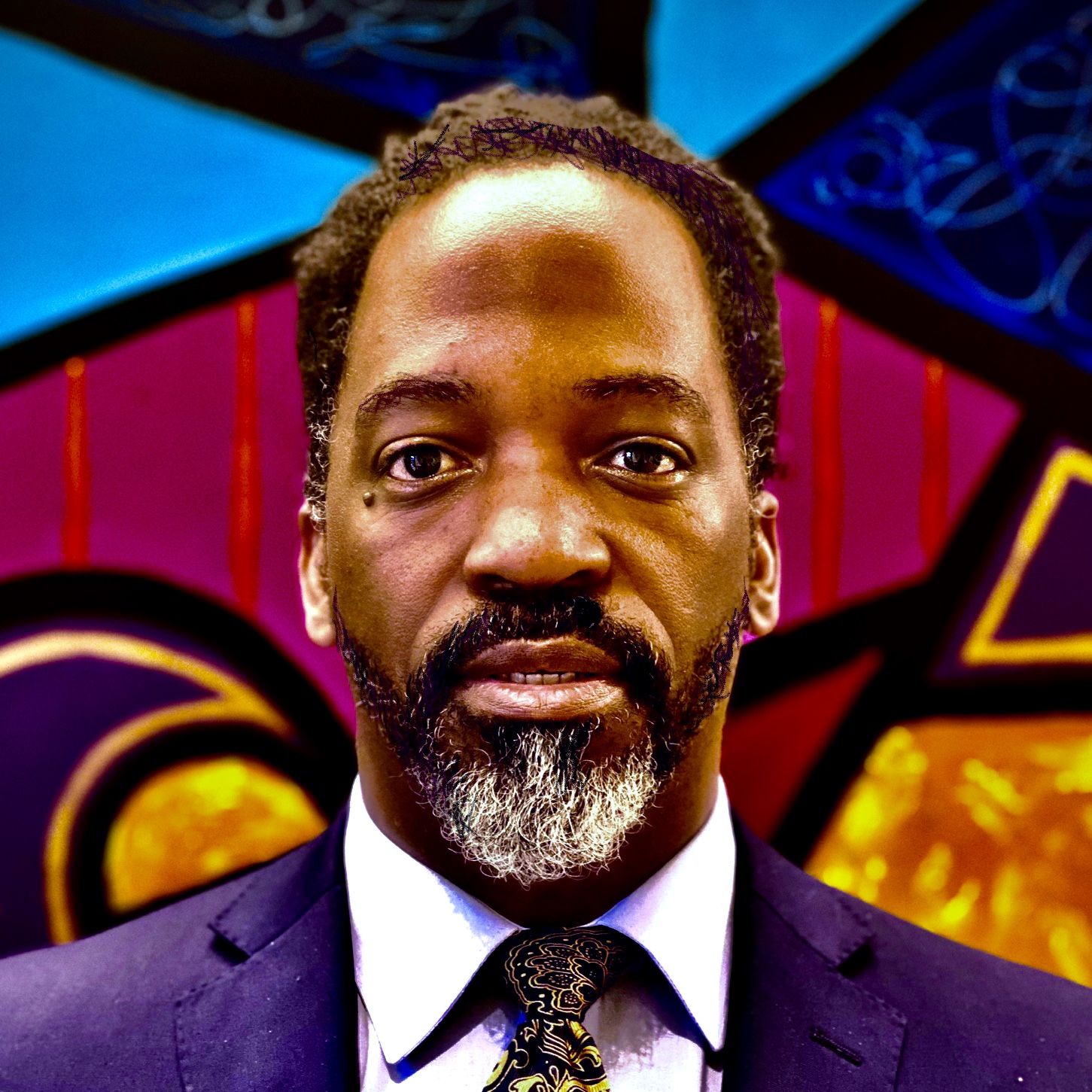
Malik is a Life Coach with the Phoenix Project* and a self-taught African American visual artist. He is best known for his artistic work throughout California and North America.
“Being black means being courageous, creative, and resilient beyond all odds.”
Malik’s words…
Why are you proud to be African American or Black?
My parents, grandparents, and community, who were largely black, always expressed pride in being black, and I grew up black and proud, always acknowledging the accomplishments of my ancestors. I am proud of the resiliency that my people have shown through all their trials and tribulations. We have experienced great losses and great gains, and through our gains, we have created a great deal of inspiration for other people who have struggled. I am extremely proud of what black people have accomplished in America and the world.
What does Blackness mean to you?
Blackness means extraordinary power and greatness. It takes an elite group of people to have endured so many struggles. Because of their struggles, a whole new world of innovation, music, and culture developed. I think of black people as super humans who have a great sense of hospitality and inclusion.
Being black means being courageous, creative, and resilient beyond all odds. I have found that despite our deep trauma, we find ways to be immensely resilient. Being black is to experience the ongoing development of humanity. My family members always told me that I must work twice as hard to accomplish my dreams and goals. Blackness means revolution. We are a revolutionary group of people. It is miraculous to be black.
* The Phoenix Project is a collaborative grassroots, community-based organizations, that focus on building intentional relationships with HOPE SF transitional age youth, age 14-25, who need access to resources including education, employment, mental and physical health.
Marquez Gray
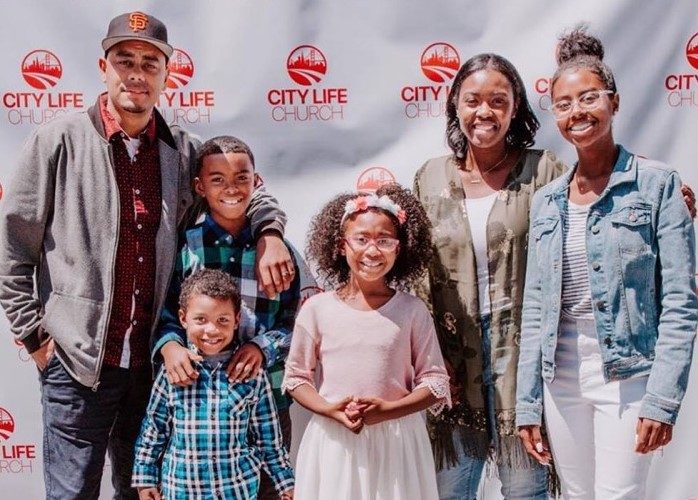
Marquez works as the Director of Community Life and Development for HOPE SF, Office of the Mayor, City and County of San Francisco.
“Young people have created pathways for generational wealth, prosperity, leadership, and innovation for future generations to come.”
Marquez’s words…
Why are you proud to be African American or Black?
I am proud to be black because of the deep history and culture, which represents a diverse set of innovations, cultures, leadership, advocacy, history, and resiliency. I am black, and I am proud.
What are you the most hopeful about the future of the African American community or the HOPE SF community?
I am most hopeful for the future of the African American community because of their ability to advocate for themselves. They are informed and disrupting the system that has disproportionally affected them. Today, there is a different generation—one that we haven’t seen in a long time. The youth are proud to be black, proud of their hair, their culture, and their history.
I have hope in our young black people who are creating spaces for themselves. They are not trying to fit in—they are creating their own events, their own music, and careers. I have hope that young black people will continue to create, despite a system that tells them that they shouldn’t. I have hope that the young generation will continue to break the cycle of poverty, the negative stereotypes, and the cycles of injustice. Young people have created pathways for generational wealth, prosperity, leadership, and innovation for future generations to come. Anything is possible in the future!
I want to thank my father, Jonnel, for not showing up, and not being there for me and my family, which allowed me to feel the pain and the impact of not having a black father figure growing up. I am a better father to my four children, and I am here to help other young black men take responsibility for their families and their communities.
Uzuri Pease-Greene
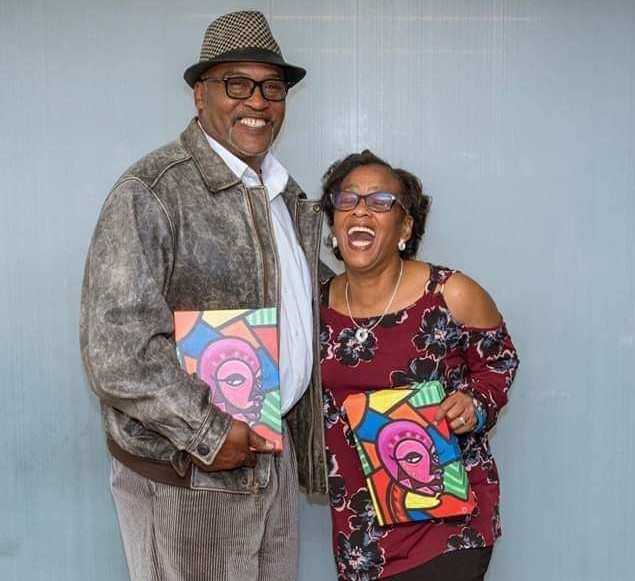
Uzuri works at Community Awareness Resources Entity (C.A.R.E.) as the Founder and Director.
“My hope is that this becomes once again, a city full of diversity, welcoming of those who have been here for generations.”
Uzuri Pease-Greene and her husband, Donald, are residents of HOPE SF, where they run a non-profit organization, called the Community Awareness Resources Entity (C.A.R.E). C.A.R.E is a safe haven, free of judgment, for the people in their community. They provide lunches for children to take to school and take them for outings on the weekends. They run a women’s group, a men’s group, and a sober living group. Once a month, they host a community meeting where residents can bring concerns directly to the police chief.
Uzuri’s words…
What are you the most hopeful about the future of the African American community or the HOPE SF community?
My hope is that over the next 10 years, there are more African Americans in HOPE SF and in San Francisco as a whole. We are being pushed and out, and other minorities are moving in. My hope is that this becomes once again, a city full of diversity, welcoming of those who have been here for generations.
Who is your favorite Black person & why?
My great grandfather, Sgt. Joseph D. Bronson was a sergeant in the Buffalo Soldiers in the Philippines in the late 1800s. They were fearless. My grandfather was a hero to many, and he is in my heart.
Donald and Uzuri have been married for 20 years, and since today is Valentine’s Day, they shared this…
From Donald: I love you because you have the strength to overcome trials and tribulations. You have all the gold. Your whole being is helping others, and you would give the shirt off your back to a perfect stranger. We’ve been through a lot, and you know how to find solutions. You do not fear. You are a strong person, who has a kind and loving heart. You just loving and warm!
From Uzuri: I love Donald because he has overcome so many obstacles and is always showing how much he loves me, our children, and the community. He is not a quitter and will give everything to make me happy. We have been through so much together, and I would not trade him in for anything. We have been together 20 years and have been loving each moment.
Brandon Jones
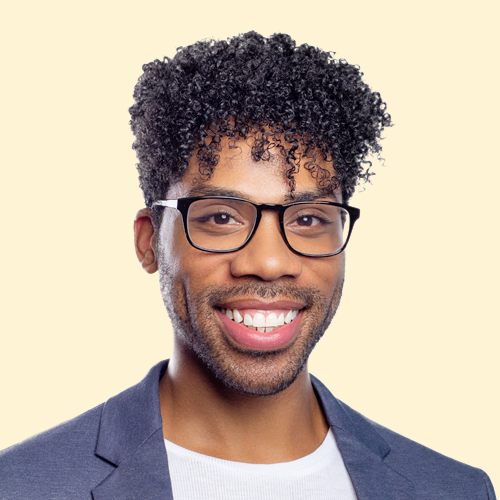
Brandon works at Enterprise Community Partners as the Cultural Resilience Program Director.
“It means waking up every day in a politicized body. It means loving myself as an act of rebellion.”
Brandon’s words…
Why are you proud to be African American or Black?
Amid unimaginable systematic oppression, terror, and social destruction, my people have not only demonstrated resilience, but done so with profound style, talent, and excellence. Even in the ways we might manipulate music notes or move our bodies in rhythm to communicate our despair and hope are all now forever mimicked by others. We are brilliant because we have been required to be smarter, faster, and more prepared than our counterparts. We are so dynamic and so capable that it is threatening to those that work to uphold systems of white supremacy.
What does Blackness means to you?
It means waking up every day in a politicized body. It means loving myself as an act of rebellion. It means being able to have a whole conversation with the one other black person in any room with just one look. It means having a community. It means standing on the shoulders of giants. It means that my crown has already been bought and paid for, as James Baldwin reminds us. So, blackness to me means just wearing it.
Denise Fore
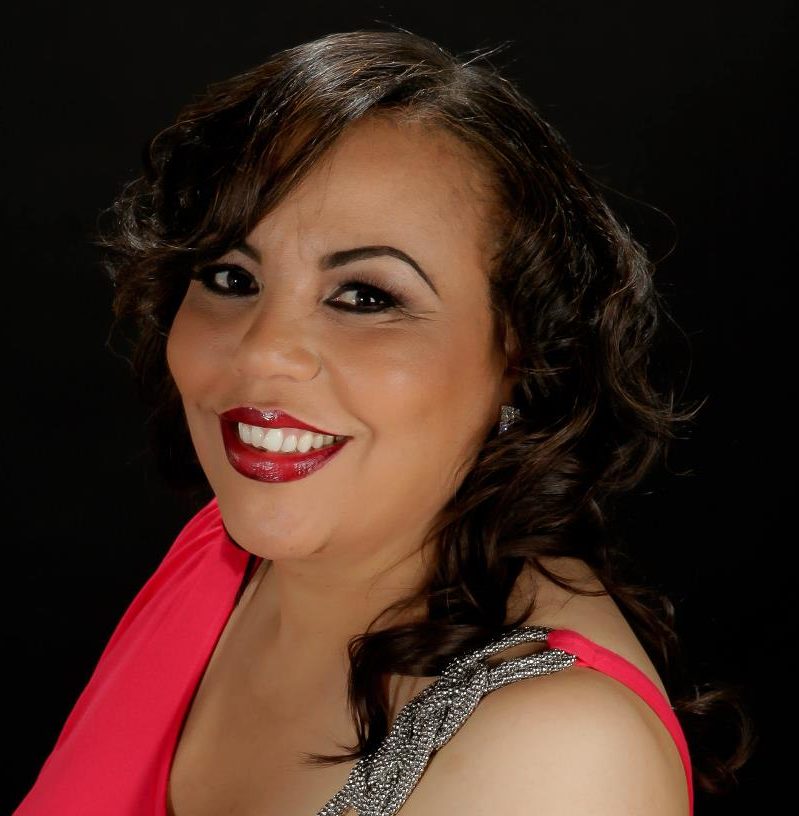
Denise works at The John Stewart Company as the Property Manager, Hunters View Phase 1.
“I became even more proud of my African American heritage after discovering the brilliant trailblazers and civil rights leaders whose DNA resides in me.”
Denise’s words…
Why are you proud to be African American or Black?
For as far back as I can remember, I was glad that I was born black and I’ve always been proud of it. We are such a beautiful, colorful, strong, resilient & brilliant people with an incredible history and so many worldwide contributions. During the past few years, I became even more proud of my African American heritage after researching my lost history and discovering the brilliant trailblazers and civil rights leaders whose DNA resides in me.
My maternal grandparents, Benjamin and Portia Bird, were the founders of the University of Maryland Eastern Shore, one of our nation’s Historical Black Colleges. My great aunt, Crystal Bird Fauset, was the first black woman in history elected to a US state legislature in 1938, becoming part of President Roosevelt’s cabinet as the Director of the Office of Civil Defense, and later, the founder of the World Affairs Council.
I also learned that I am the biological daughter of the fallen civil rights leader, James Bevel, the Father of Voter Rights and an activist with the Student Nonviolent Coordinating Committee and the Southern Christian Leadership Conference. He organized pivotal civil rights marches, the 1965 march from Selma to Montgomery which ultimately contributed to the passage of the Voting Rights Act, a landmark federal achievement of the Civil Rights Movement, the Children’s March in Birmingham and the Million Man March with Louis Farrakhan. I was stunned when I saw him in the iconic photo of that fatal day in 1968 at the Lorraine Motel in Memphis. I must’ve seen that photo a thousand times during my life and had no idea that my very existence was directly rooted in courage, strength, and sacrifice—a proud and sobering moment indeed.
Who is your favorite Black person & why?
One of my favorite black people is author Alex Haley. Growing up in Northern California, I had a textbook knowledge of the African slave trade and slavery in the United States.
Then came the television mini-series Roots: The Saga of an American Family based on Alex Haley’s best-selling novel. We did not miss one episode. Haley breathed life and put meat on the bones of the reality of the atrocities and genocide that our ancestors somehow survived. He told the story of his own family lineage back to the shores of West Africa. Characters like Kunta Kinte, Toby, Kizzy, Chicken George, and others felt like family. Alex Haley instilled in us the knowledge that we were a regal people, and we came from somewhere great. It inspired us to seek out truth that could set us free.
Ola Jimoh
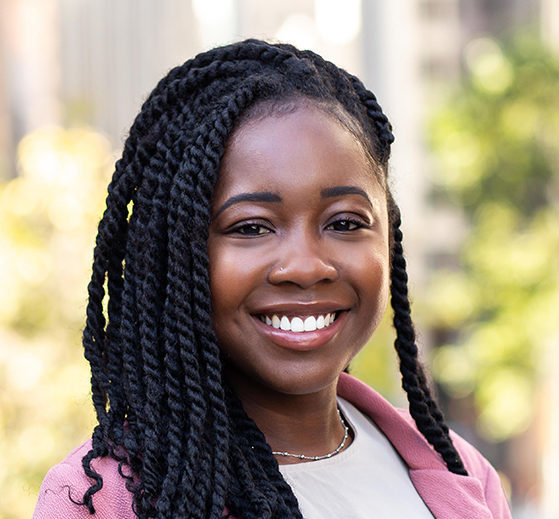
Ola works at the San Francisco Foundation as the Initiative Assistant for the Partnership for HOPE SF.
“I am proud to be black because of the resilience and perseverance of my community. ”
Ola’s words…
Why are you proud to be African American or Black?
I am proud to be black because of the resilience and perseverance of my community. Although our community continues to face various hurdles and systems that have been built against us, we are still able to rise and strive despite them. I am proud and thankful for the many leaders who have paved the way, those who continue to fight for our rights, and those who show up every day as they are, since I know this is not an easy task. I am proud of my Nigerian heritage and love the beauty of the African diaspora. I am particularly moved and inspired by how this beauty, creativity, and vast black culture shows up within many layers of society, whether it is acknowledged or not.
What are you the most hopeful about the future of the African American community or the HOPE SF community?
I am most hopeful about the growth and rise of the black community. With the help of initiatives, like HOPE SF, people will be given resources and tools to live their personal definition of success and give back to one another, which enriches the community. I am also hopeful about the intelligence, awareness, and impact that our black youth hold to change the world.
Check back throughout the month to read additional profiles. We will be adding more each week.

